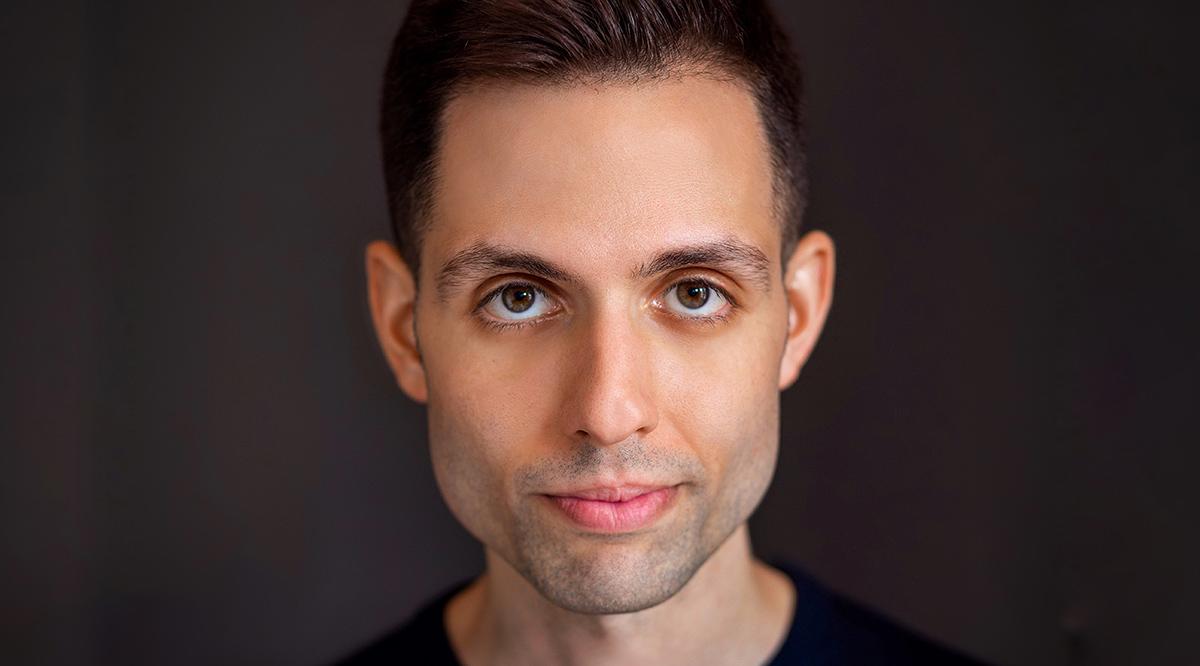Increased immigration enforcement and policy changes have resulted in a record-high number of people, including children, being held in detention facilities. This has exacerbated the health threats these communities face, says Faisal Al-Juburi, chief external affairs officer for the Refugee and Immigrant Center for Education and Legal Services (RAICES), a Texas-based nonprofit that provides legal aid to immigrants, refugees, and asylum seekers.
Lawyers and immigration advocates have sounded the alarm about conditions in U.S. Immigration and Customs Enforcement (ICE) facilities, from family separations to poor nutrition and water to failure to provide access to medical care.
“These are all things that don’t just yield acute concerns, but also long-term health considerations,” Al-Juburi says.
The recent policies may damage the trust between doctors and their patients, potentially preventing people from seeking medical care for fear of being detained.
It’s a challenge that doctors and health systems across the country will have to grapple with, particularly in Texas and Florida, where hospitals have been directed to collect information on patients’ legal statuses.
Al-Juburi will join John Garland, pastor of San Antonio Mennonite Church, to speak about current strategies for health care professionals to face these challenges at Beyond the Chart: Stories at the Intersection of Immigration and Health, a session at Learn Serve Lead 2025: The AAMC Annual Meeting in San Antonio on Nov. 3, 2025.
AAMCNews spoke with Al-Juburi about the changes in immigration enforcement, their impact on health, and what leaders in academic medicine can do about it.
This interview has been edited for length and clarity.
What is RAICES’ mission?
RAICES has been around for nearly 40 years. We’re headquartered in San Antonio, but have a presence across Texas and a strong national reach. We center our programming on legal services for immigrant, refugee, and asylum-seeking people and families, because access to legal representation is one of the single most effective ways to ensure that members of our community can secure some type of relief.
Success rates are currently fluctuating amid changes within this administration. Historically, however, people and families with legal representation are anywhere from two times to ten-and-a-half times more likely to receive immigration relief than those without, depending upon the circumstances of their respective cases. We see a direct correlation between access to legal representation and the ability to exercise fundamental due process rights.
At Learn Serve Lead, you’ll be speaking about stories at the intersection of immigration and health. From what you’ve seen through your work and through your own experience, how does immigration intersect with health care, and what does that look like when those two issues come together?
The important thing to remember is that immigrants are not a monolith. “Immigrant,” in and of itself, is not an identity. Immigration advocacy is one of the most intersectional policy issues because it intersects with every aspect of what it means to be a human, from health care and the economy to labor and racial justice. Immigration policy can perpetuate systemic disenfranchisement, leading to economic issues, including and especially obstacles to health care access. We are looking into the conditions within detention facilities run by private prison contractors, where the United States holds people and families, and where children are being subjected to circumstances that have led to significant weight loss in infants, premature graying in teens, and notable mental and behavioral health concerns. We’re also starting to see the recurrence of family-separation practices.
These are all things that don’t just yield acute concerns, but also long-term health considerations, including compounded multigenerational trauma within immigrant families. When anyone immigrates to the United States, we must remember that they do not easily leave their countries of origin. These are not decisions that are made on a whim. They are often fleeing life-or-death circumstances. So, they experience not only the trauma from their lived experiences abroad, but also the trauma of the migration experience, as well as the trauma that is, again, inflicted by the policies of this country.
How have conditions changed for these communities under the current administration?
Unfortunately, circumstances for immigrant people and families have deteriorated under the current administration. However, I often say that, for those of us working in immigration, it is easy to be nonpartisan because neither side of the aisle has done right by this community and, because of that, has not done right by the American people. What is concerning is the perpetuation of a culture of fear. To be able to create a larger deportable population, lots of people with temporary lawful status have had that status revoked, thereby making certain communities more vulnerable to apprehension and deportation.
Since March we’ve seen that the extended detention of families has recommenced. Conditions under which children are held in government custody have historically been governed by the Flores Settlement Agreement, which was established in 1997 and created guardrails for the treatment of children. But these guardrails have largely been ignored under this administration. Children are not supposed to be held in government custody for more than 20 days. Now RAICES is seeing detentions of 80 or more days in family detention centers.
We’re also seeing families being separated and this being used as a weapon against those who have endeavored to exercise their due process rights. Families that RAICES has served this year have been separated for periods as long as five months.
Those impacted are not only families that were apprehended at the border, but also families that have been here for as long as 10 years, if not longer. We’ve seen families who had active asylum cases and were apprehended when they showed up to fulfill their lawful obligation at immigration court, for their asylum hearing. These conditions are quite different from even those under the first Trump administration.
One of the goals of your session is to talk about creating a safe space for healing for people in these immigrant, refugee, and asylum-seeking populations. What do you think doctors and people giving care to these communities should be keeping in mind as they do their work?
I’m not in the medical field myself, but my whole family is in the medical field. My father is a physician. In any space, but especially here, you look at the importance of trust building. The reality is, the stronger the trust bond, the greater the likelihood of more complete disclosure from patients to doctors, thereby ensuring they can receive adequate treatment. But this is a community with whom trust building will likely be a lot more difficult moving forward.
For instance, in Texas, the governor issued an executive order that directs both public and private hospitals receiving public funding to ask the immigration status of their patients. That has definitely created fear and consternation among our community members. So, it’s important for those who work in health care to have an awareness of that.
For families that have been detained, there’s a strong likelihood that there will be several issues, specifically for children, to watch out for as a result of their time in detention: undernourishment, severe gastrointestinal issues, mental health conditions, and other results of negligence.
With these patient populations, doctors should be aware, especially in the increasingly corporate mindset at health systems, that efficiency is probably not going to be what will yield the strongest health outcomes.
What do you hope attendees take away from your talk?
I hope attendees gain an understanding of the diversity of the populations we’re talking about when we discuss immigration, as well as the diversity of their needs, the impact of public policy, specifically as it revolves around immigrant health, and, particularly, the long-term impacts on immigrant health. I also hope that people, especially those in positions of power, grasp the importance of not relinquishing the fundamental human and legal rights of this population.
The fact of the matter is that, if we care about public health, then we should care about how public policy — immigration policy — is impacting the lives of millions, and the long-term ramifications that impact holds.
I want this session to be an opportunity for them to learn about what is happening now. Educating ourselves is the most important first step. The second step is to use whatever positions of power and privilege we have individually and collectively to further that education and to ensure that we, as a nation, are not perpetuating these harms.

